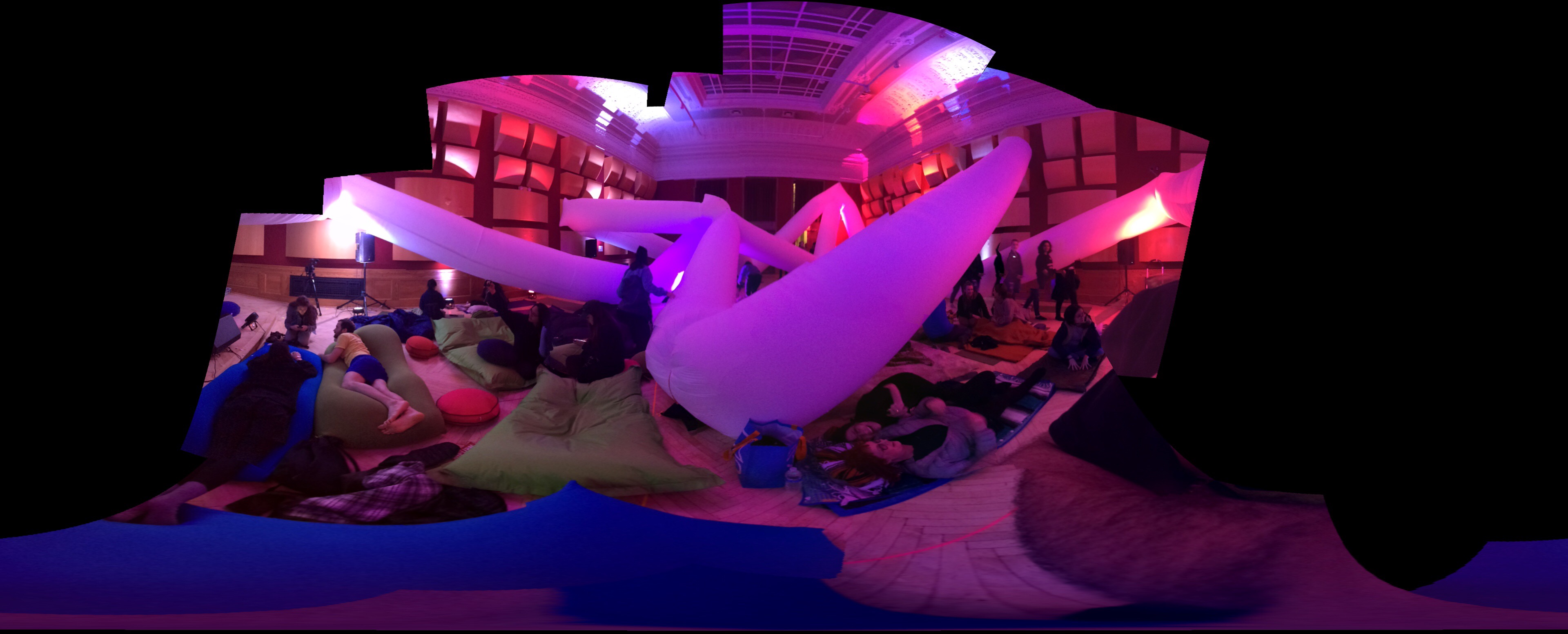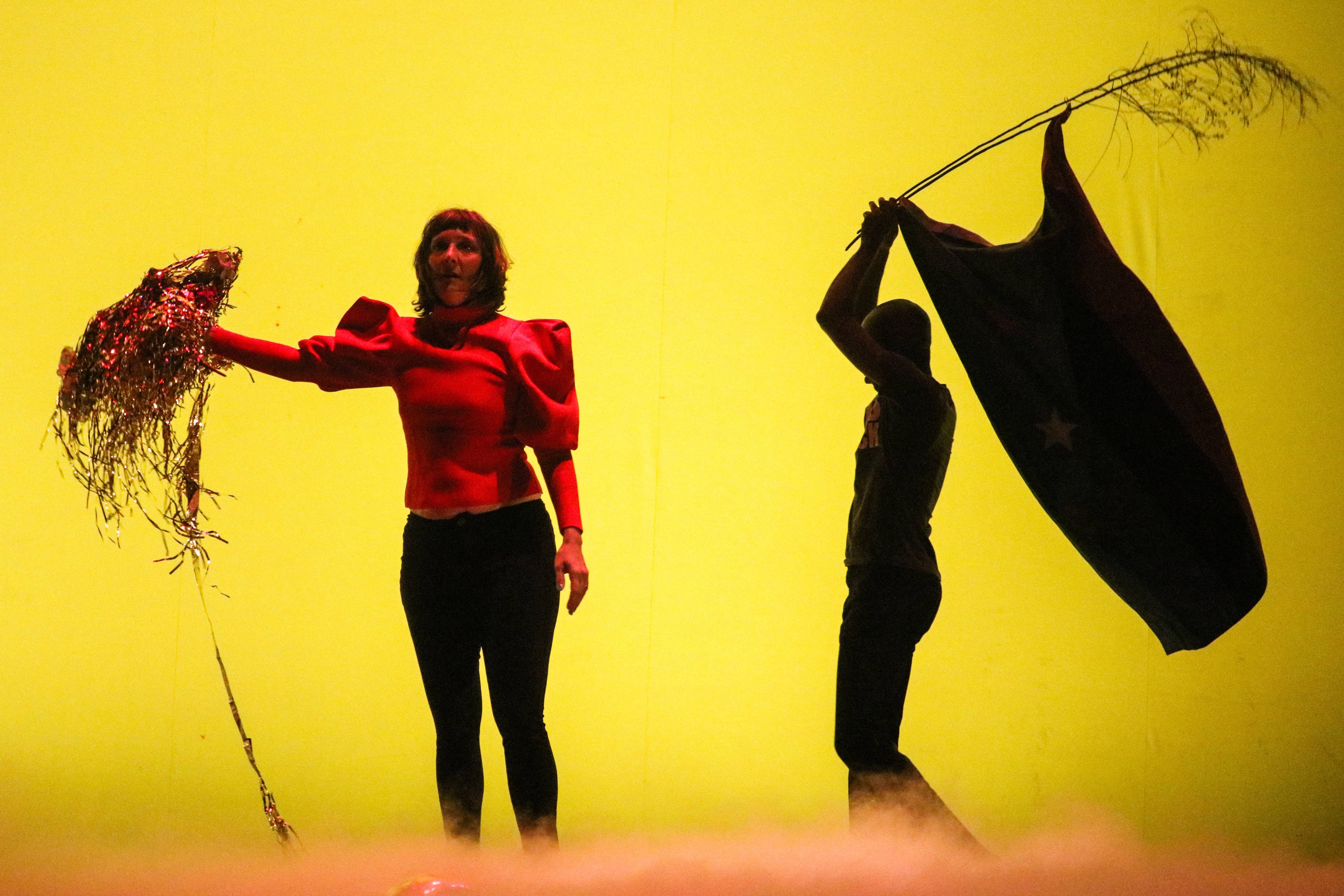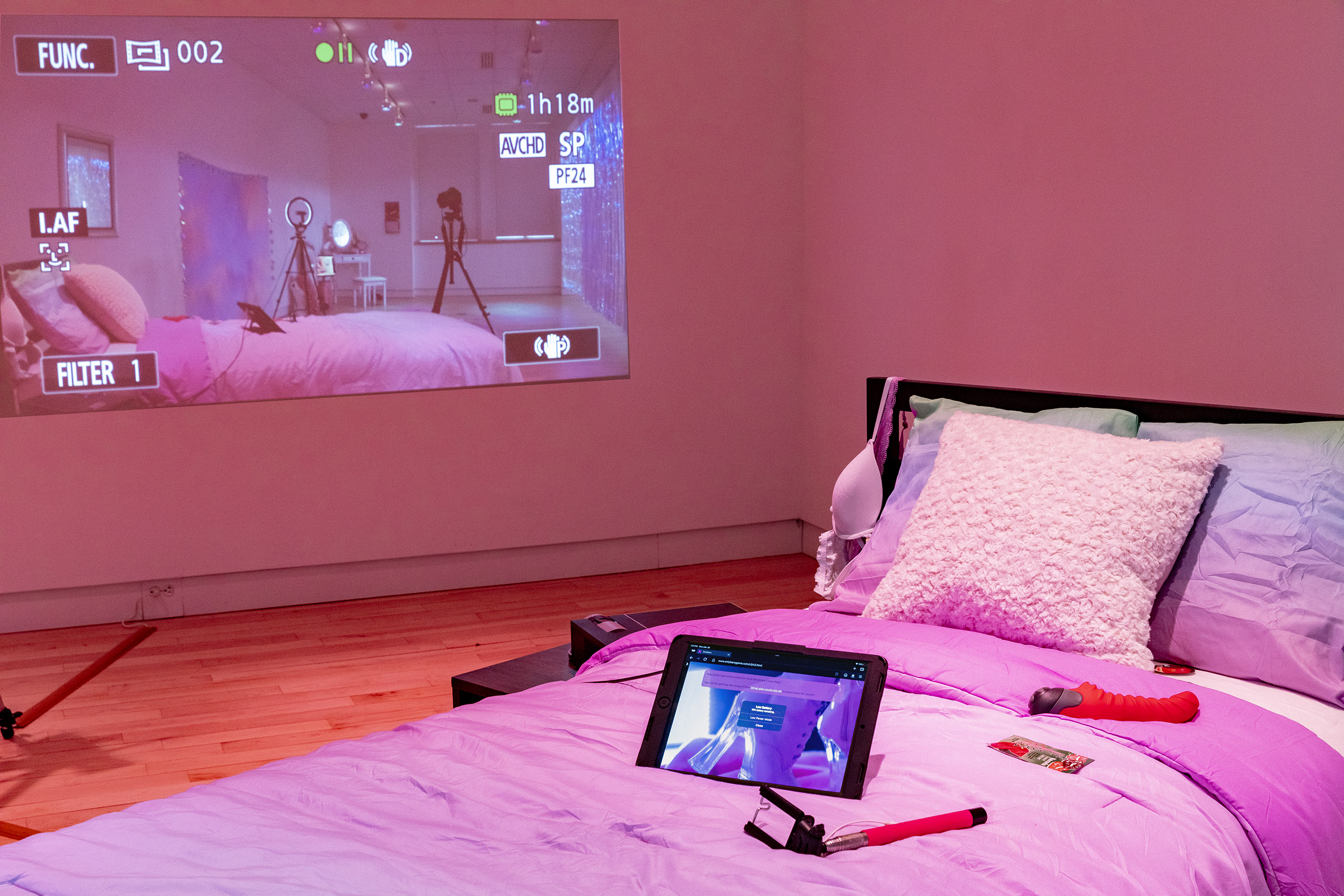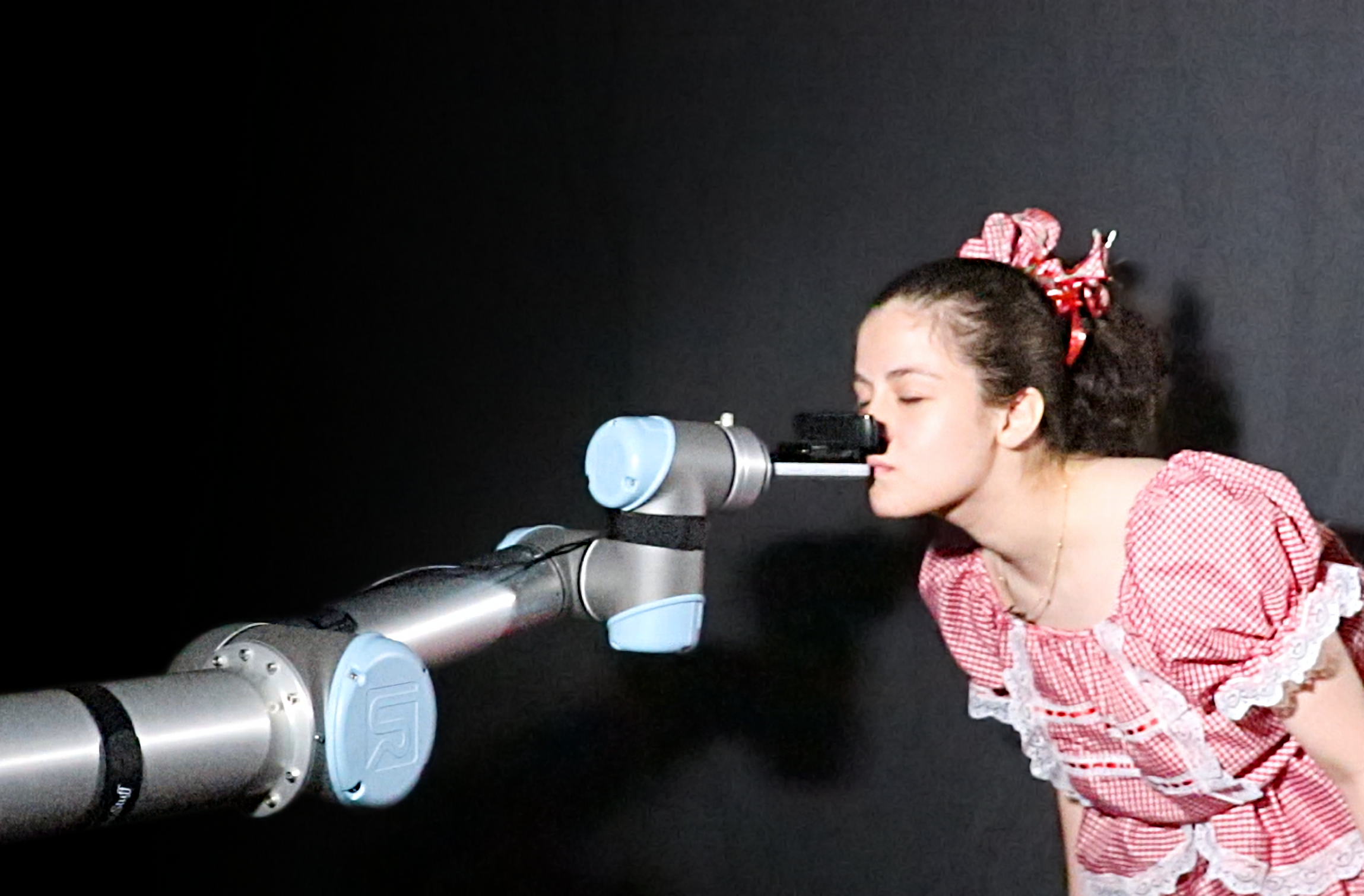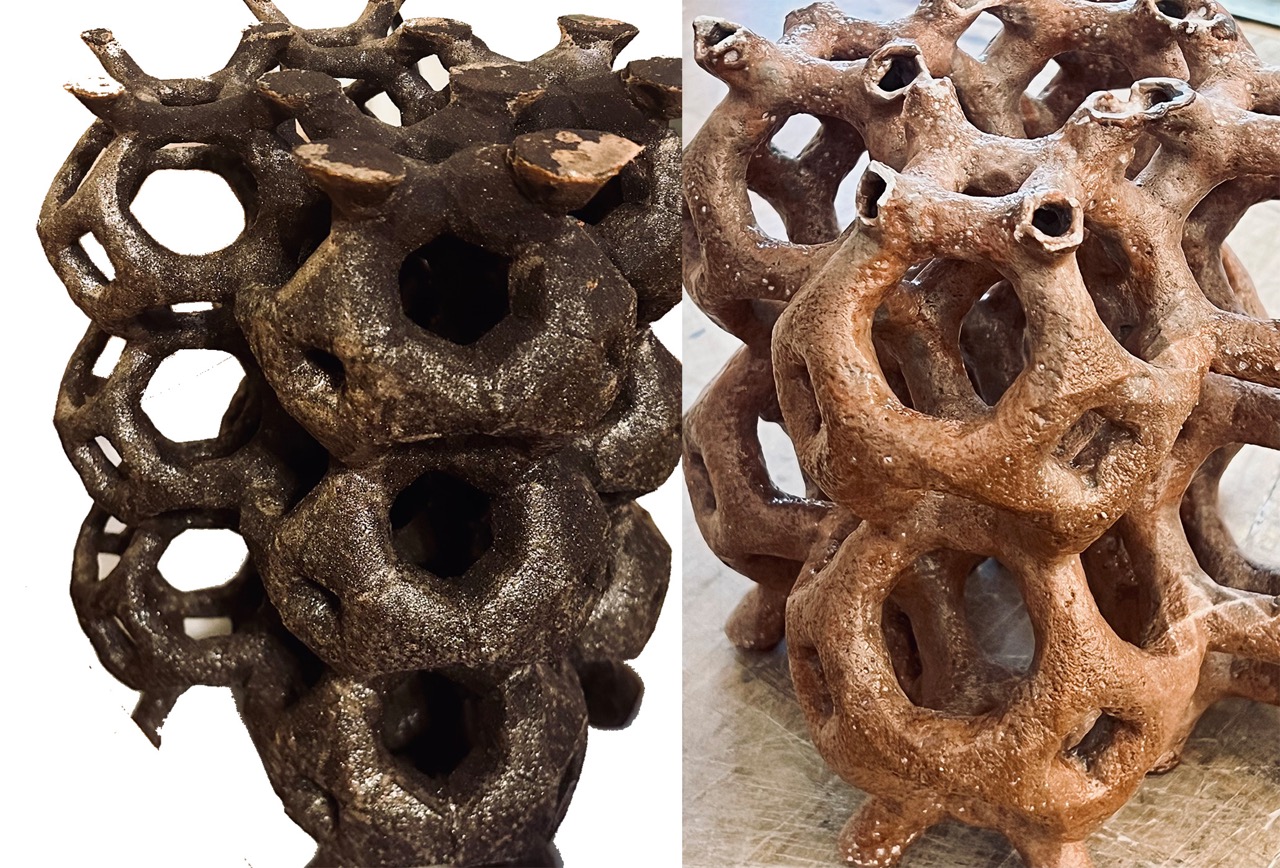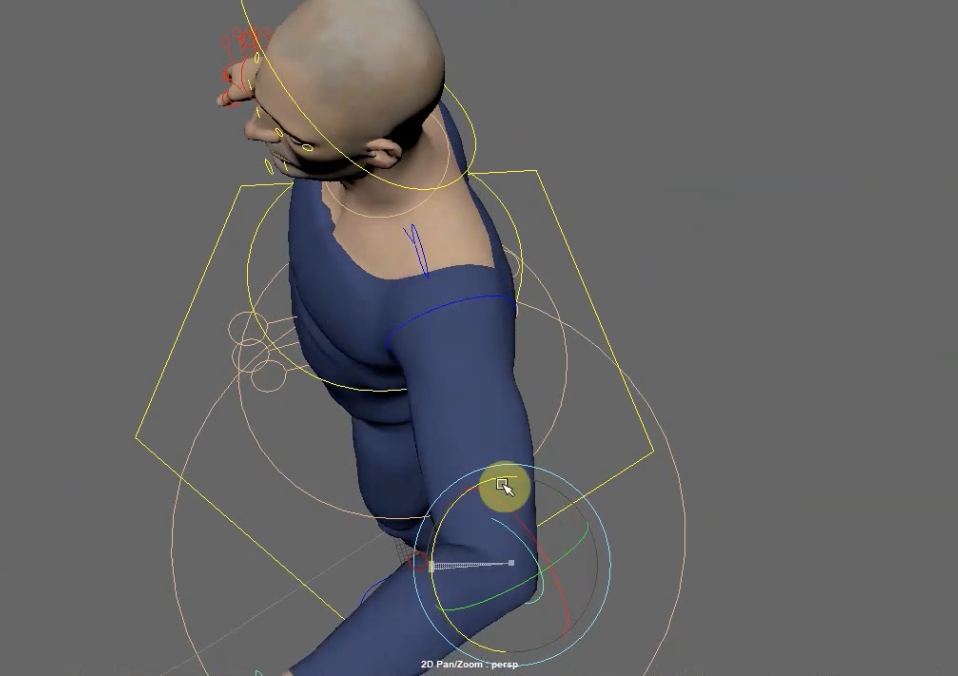Machine Learning for Artists and Designers: Creative Applications of Deep Learning with TensorFlow, with Parag K. Mital
March 24, 2017–March 25, 2017
Frank-Ratchye STUDIO for Creative Inquiry,
College of Fine Arts 111,
Carnegie Mellon University
Abstract
AI has found it way into nearly every aspect of our lives, from dictating our news, to fighting our wars, to monetizing our personal data through advertising. In this 2 day workshop, we’ll try to disentangle the hype from reality and understand what is really possible with AI with a hands on approach. Through discussions and guided coding exercises, we’ll start to explore our own datasets using a state-of-art technique to building AI known as Deep Learning. This workshop is geared towards creative practitioners with some coding background looking to develop an interdisciplinary practice with AI. Through this understanding, you will be better equipped to become more critical of AI, allowing you to potentially subvert and/or communicate issues with current AI practices, or explore creative and potentially inspiring directions for AI.
About the instructor
Parag K. MITAL (US) is an artist and interdisciplinary researcher obsessed with the nature of information, representation, and attention. Using film, eye-tracking, EEG, and fMRI recordings, he has worked on computational models of audiovisual perception from the perspective of both robots and humans, often revealing the disjunct between the two, through generative film experiences, augmented reality hallucinations, and expressive control of large audiovisual corpora. Through this process, he balances his scientific and arts practice, with both reflecting on each other: the science driving the theories, and the artwork re-defining the questions asked within the research. His work has been exhibited internationally including the Prix Ars Electronica, ACM Multimedia, Victoria & Albert Museum, London’s Science Museum, Oberhausen Short Film Festival, and the British Film Institute, and featured in FastCompany, BBC, NYTimes, CreativeApplications.Net, and CreateDigitalMotion.
Workshop Scope
The workshop will start with a contextual and historical discussion about how AI and machine learning has developed. We’ll then work on understanding common approaches to take when building datasets required for machine learning. We’ll see what data actually looks like when presented to an AI, what is missing from it, how state of the art algorithms are used in production, what its strengths and weaknesses are, where we can witness it, how it shapes our world, how it differs from human perception, and speculate with a critical eye where it is all heading.
We’ll then focus on building a technical understanding of Machine Learning and in particular, a state of the art approach for machine learning known as Deep Learning. This format will be a compact version of the Kadenze course, “Creative Applications of Deep Learning w/ TensorFlow”. We’ll look at the material from this course to understanding what’s possible using TensorFlow, a Python and C++ library for building computational graphs. We’ll then apply some of the algorithms we learn to our own data and start to ask some questions about what the algorithms are capable of learning and what is missing. The approach we take will be to understand the mechanics of the algorithm, to look inside the “black box”, and use our understanding of what the algorithm is doing in order to help us understand what is and is not possible with AI.
The last day will be spent focusing on the creative potential such algorithms have and how they might integrate with your existing practice. We’ll open the discussion to participants and structure the rest of the workshop around questions and potential directions suggested by participants.
Participant Prerequisites
- You should have some coding experience, ideally in Python though a background in Processing, Javascript, openFrameworks, or similar should suffice (i.e. at least one developed/completed application).
- You should have a clear understanding of basic coding primitives such as int versus float, understand program flow such as the use of if and for statements, and be somewhat comfortable with installing new software using the terminal/shell environment of your operating system, though guidance will be given along the way on these topics based on attendance.
- You should have completed a high school math curriculum, though we will have a friendly refresher of basic concepts such as equations and variables. This background will be used to cover fundamental though difficult topics required for building AI including basic statistics, matrix math, and convolution.
- You should also have a somewhat recent laptop (mine is 4 years old), capable of installing about 4 GB of material. Participants should then download the latest “Anaconda” distribution for their OS for Python 3.6.0: https://www.continuum.io/downloads (NOT Python 2.7!).
- Participants should also feel free to browse through the CADL repo here before coming to the workshop: https://github.com/pkmital/CADL
Pre-workshop Setup
*This workshop is invitation-only and not open to the public.*
Participants should do the following before coming to the workshop:
- Sign up with Ali Momeni and confirm the following:
- Are they bringing a laptop
- What OS is it running
- Install Anaconda Python 3.6: https://www.continuum.io/downloads
- Participants should also feel free to browse through the CADL repo here before coming to the workshop: https://github.com/pkmital/CADL
